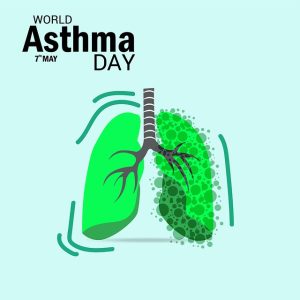Hives, also known as urticaria, are red, itchy welts or swellings on the skin that often appear suddenly. They can vary in size and shape and may be accompanied by other symptoms. Here’s an overview of the causes, symptoms, and treatment options for hives:
Causes of Hives:
- Allergic Reactions:
- Foods (e.g., nuts, shellfish, eggs)
- Medications (e.g., antibiotics, NSAIDs)
- Insect stings or bites
- Physical Factors:
- Exposure to cold or heat
- Pressure on the skin (dermatographism)
- Sweating
- Infections:
- Viral or bacterial infections
- Autoimmune Disorders:
- Conditions where the immune system attacks the body’s own tissues
- Stress:
- Emotional stress or tension
Symptoms of Hives:
- Raised Red Welts: Pink or red areas with defined borders.
- Itching: Often intense itching accompanies the welts.
- Swelling: Swelling may occur in the affected areas.
- Change in Size and Shape: Hives may change shape and size rapidly.
If you are experiencing these symptoms you should visit your Skin Specialist in Lahore for treatment.
Treatment of Hives:
- Identify and Avoid Triggers:
If a specific trigger is identified (e.g., certain foods, medications), avoiding it is key.
- Antihistamines:
Over-the-counter or prescription antihistamines can help relieve itching and reduce the appearance of hives. Non-drowsy options are available.
- Corticosteroids:
In severe cases, a doctor may prescribe oral or topical corticosteroids to reduce inflammation.
- Epinephrine (Adrenaline):
In cases of severe allergic reactions (anaphylaxis), emergency treatment with epinephrine may be necessary.
- Cool Compresses:
Applying cool compresses to the affected areas can help soothe the skin.
- Moisturizers:
Using fragrance-free moisturizers can prevent the skin from drying out and reduce itching.
When to Seek Medical Attention:
- Difficulty Breathing or Swallowing
- Swelling of the Face, Lips, or Tongue
- Dizziness or Fainting
If hives persist for more than a few days or if they recur frequently, consult a Skin Specialist in Karachi for further evaluation.
It’s important to note that hives can be a symptom of an underlying medical condition, and if the cause is not clear, it’s advisable to seek medical advice for a proper diagnosis and appropriate treatment.





